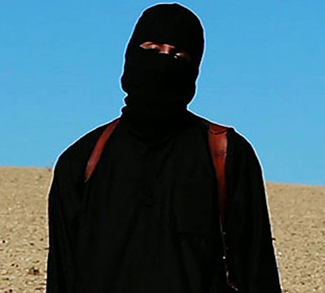Summary
The International Criminal Court’s (ICC) unprecedented issuance of an arrest warrant for the standing executive leader of a state may in time represent a landmark precedent in international justice or the catalyst that propelled Sudan into another spiral of conflict.
Analysis
ICC jurisdiction over Sudan, a state that signed but did not ratify the Rome Statute, is the result of a UN Security Council vote in March 2005. Resolution 1593 referred war crimes in Darfur to ICC investigation in a vote that passed 11-0, with notable American, Chinese, and Russian abstentions.
An American veto was avoided through the inclusion of a clause guaranteeing immunity from ICC proceedings for foreign nationals of states not directly involved in the Darfur conflict. In other words, a non-signatory state was referred to the ICC by other non-signatory states, for all of whom the prospect of ICC investigations on their own nationals is anathema.
The circumstances surrounding the Security Council referral has allowed the Sudanese government to go on the offensive against the legitimacy of the arrest warrant. The Sudanese government has labeled the court as a “neo-colonial mechanism.” The label has traction in African and Arab populations given America’s recent history of undermining the ICC and refusing to sign the Rome Statute.
In response to the warrant, Al-Bashir has ordered thirteen prominent NGOs to leave Sudan, claiming that they have provided evidence to the ICC in the case against him. The expelled NGOs account for half of the aid distributed in the region, and their absence will leave over a million people unfed and without medical supplies.
Recent breakthroughs in peace talks between the Sudanese government and rebel groups in Darfur are also jeopardized by the warrant. The largest rebel group in Darfur, the Justice and Equality Movement (JEM), has pledged to co-operate with the ICC. There are worries that the ICC warrant has de-legitimized Al-Bashir in the eyes of rebel groups, thus imperiling the prospect of a peaceful solution to the Darfur crisis. Top-level JEM leaders have already threatened military retaliations over the expulsion of NGOs from the region.
The warrant may have an even wider political impact. Sudan is not yet far removed from a long and brutal civil war. The conflict ended in 2005 upon the signing of the Comprehensive Peace Agreement. The agreement calls for elections in 2009, with a referendum on self-determination in Southern Sudan to follow in 2011. The destabilizing effect that the ICC warrant potentially has on Al-Bashir’s position, and by extension his National Congress Party, could jeopardize the Comprehensive Peace Agreement and, in the worst case scenario, re-ignite hostilities between North and South Sudan.
Later this month, a joint delegation of Arab and African states are expected to lobby the UN Security Council to enact Article 16 of the Rome statute, arguing that humanitarian crisis and a collapsing peace process are real possibilities if the ICC does not back down. Article 16 of the Rome Statute allows the Security Council to delay ICC proceedings for one year. Currently, the council is sharply divided on the issue, as China and Russia are in support of such a delay, and Britain, France, and the United States are opposed.
Even if Article 16 remains un-invoked by the Security Council, the ICC will have a difficult time enforcing the warrant. With no police force or military power at its disposal, the court relies on signatory states to turn in criminals. In the case of Sudan, the UN has made it clear that deployed peacekeepers do not have a mandate to attempt an arrest on Al-Bashir. Thus, outside of a political upheaval within Sudan that results in Al-Bashir being turned in, it is unlikely that he will be facing the court in the immediate future.
Whether peace, justice or neither for Sudan, it is clear that the ICC has set upon a course that will either drastically increase the institution’s credibility as an agent of international justice, or destroy it.
Zachary Fillingham is a contributor to Geopoliticalmonitor.com



